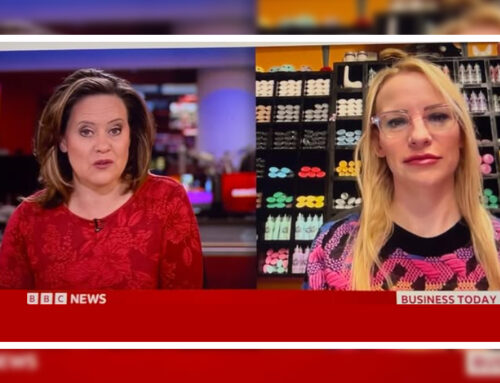Following a year’s extensive research and our commitment to the Net Zero 2030 pledge in 2022 we formed a partnership with Forests Without Frontiers. We were seeking an environmental partner with an already proven and audited record of planting but more than that we wanted a partner that could demonstrate the involvement of the extended community and create a program that considered all the elements of environment, sustainability, wildlife, and longevity around their schemes. We wanted a considered, holistic approach to our carbon offset program which Forests offers.
We fully appreciate that offsetting should be complimentary to environmental damage reducing actions, not an alternative to them. Through our pledge to Net Zero we are firstly reducing our carbon footprint as far as is possible and only then mitigating what cannot be reduced through the Forests partnership.
We currently use the following simplified methodology to measure the environmental impact of our own fleet of vehicles
Each month we total the number of shipments we collect and process and divide our total monthly fleet mileage by the number of shipments – this gives us an average carbon cost of 2.9 miles per shipment (vehicles are obviously full of shipments!) The average mpg of our fleet of VW crafters and Ford Transits is 36 mpg. Forests calculated this to an average carbon cost of 0.96kgs of carbon per shipment. Round this up (for an over- provision) to 1kg per shipment x number of shipments = average of 17,300 kgs per month (17,000 average shipments per month but we over- provide again). Based on the recommendation of planting 4 trees per tonne (17.3 x 4 = 69.2) that would be 69.2 trees per month. Again, we round this total up to make a donation of 100 trees per month – better too much than too little and also allows for busier and quieter months and other areas of our business being less efficient!
A link to Forest Without Frontiers planting schemes is HERE














